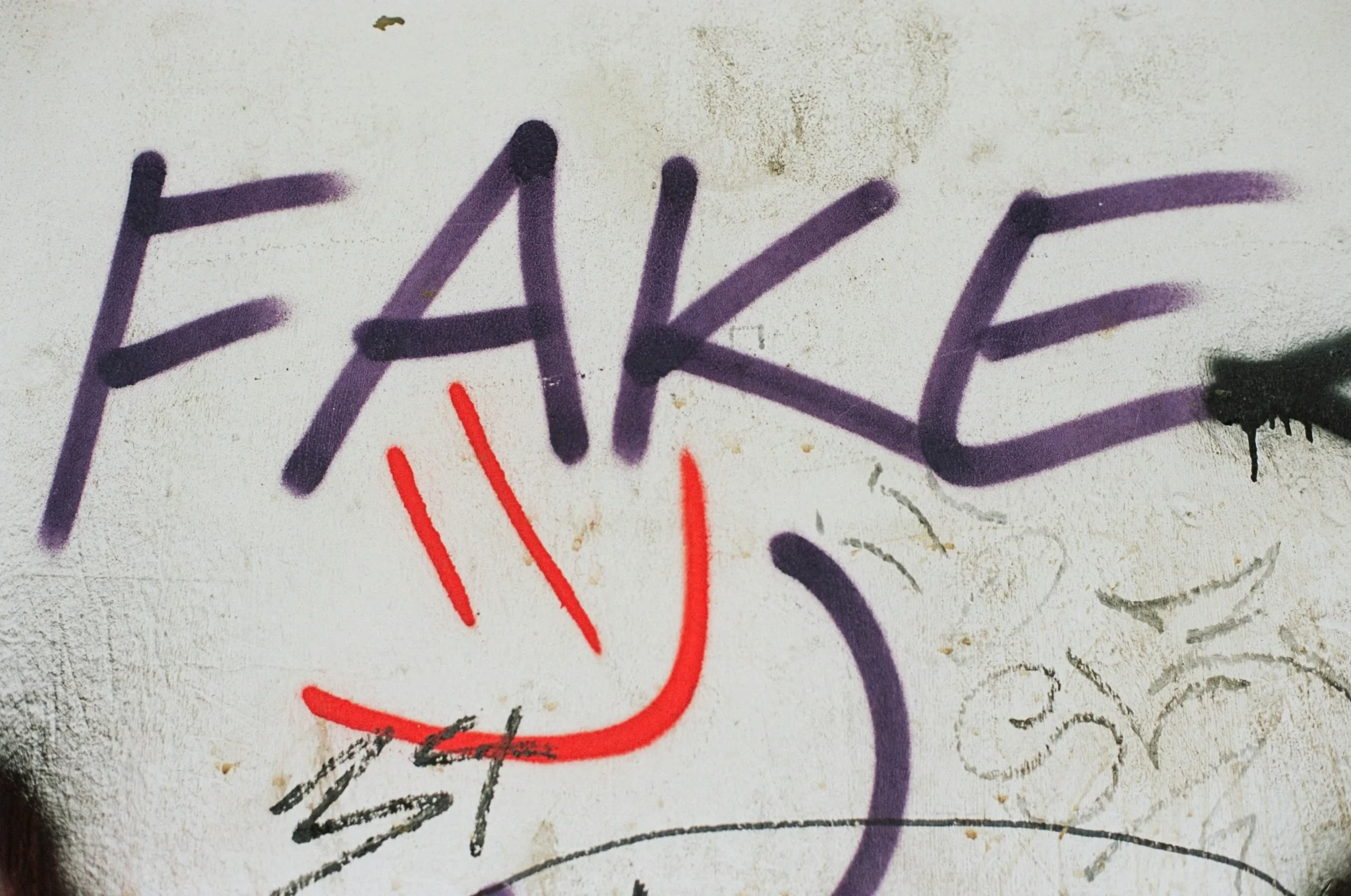Deepfakes: A Growing Concern for Politicians
In recent years, politicians around the world, including US President Joe Biden and Mayor of London Sadiq Khan, have become victims of a new form of digital deception known as deepfakes. These sophisticated fake images or audio recordings, generated by artificial intelligence, have spread rapidly across social media, causing significant concern and raising questions about public trust in politicians.
The Rise of Deepfakes
Deepfakes have gained attention due to their ability to manipulate and alter visual and audio content with startling accuracy. Using machine learning algorithms, deepfake technology can seamlessly superimpose one person’s face onto another’s body or alter their voice to say things they never actually said.
While deepfakes initially gained notoriety in the entertainment industry for their use in creating convincing fake celebrity pornographic videos, they have since evolved and expanded into the political realm. Politicians are now finding themselves at the mercy of this technology, with their reputations and public trust on the line.
Victims of Deepfakes
High-profile politicians like Joe Biden and Sadiq Khan have fallen victim to deepfakes, with their faces being digitally manipulated to create false narratives or misleading statements. These deepfake videos and images can be incredibly convincing, making it challenging for the average viewer to discern fact from fiction.
For politicians, the consequences of deepfakes can be severe. They can undermine their credibility, damage their reputation, and erode public trust. In an era where misinformation and disinformation are already rampant, the emergence of deepfakes adds another layer of complexity to the challenges faced by politicians.
Politicians Embracing Deepfakes
Interestingly, while many politicians have fallen victim to deepfakes, there are those who have chosen to embrace this technology and use it to their advantage. Some politicians have willingly participated in deepfake campaigns, creating videos or images of themselves that are altered or manipulated for various reasons.
For these politicians, deepfakes offer a unique opportunity to engage with their audience in a novel and attention-grabbing way. By using deepfake technology, they can create content that is entertaining, informative, or even satirical, allowing them to connect with their supporters on a deeper level.
However, this embrace of deepfakes by politicians raises further concerns about public trust. If politicians are willingly using deepfakes to manipulate their own image or spread false information, how can the public be expected to differentiate between what is real and what is fake?
The Impact on Public Trust
Public trust in politicians is already fragile, with many people skeptical of their motives and actions. The rise of deepfakes only exacerbates this issue, as it becomes increasingly difficult to determine the authenticity of the content we consume.
When politicians become victims of deepfakes, it not only damages their personal reputation but also undermines the public’s trust in the political system as a whole. If we cannot trust what we see or hear from our elected officials, it becomes challenging to make informed decisions and hold them accountable for their actions.
Addressing the Issue
The rise of deepfakes presents a significant challenge for politicians and society at large. It is crucial for policymakers, technology companies, and the general public to come together to address this issue and find effective solutions.
One approach is to invest in advanced detection and verification technologies that can identify deepfakes and flag them as potentially misleading content. Additionally, educating the public about the existence and potential dangers of deepfakes can help individuals become more discerning consumers of information.
Furthermore, there is a need for legal frameworks that can hold creators and disseminators of malicious deepfakes accountable for their actions. As deepfake technology continues to evolve, legislation must keep pace to ensure that those who use it for malicious purposes face appropriate consequences.
Conclusion
Deepfakes pose a significant threat to politicians and public trust in the digital age. While politicians like Joe Biden and Sadiq Khan have become victims of this technology, others have chosen to embrace it, raising concerns about the authenticity of political content.
Addressing the issue of deepfakes requires a multi-faceted approach involving technological advancements, public education, and legal frameworks. Only by working together can we hope to mitigate the impact of deepfakes and protect the integrity of our political systems.

